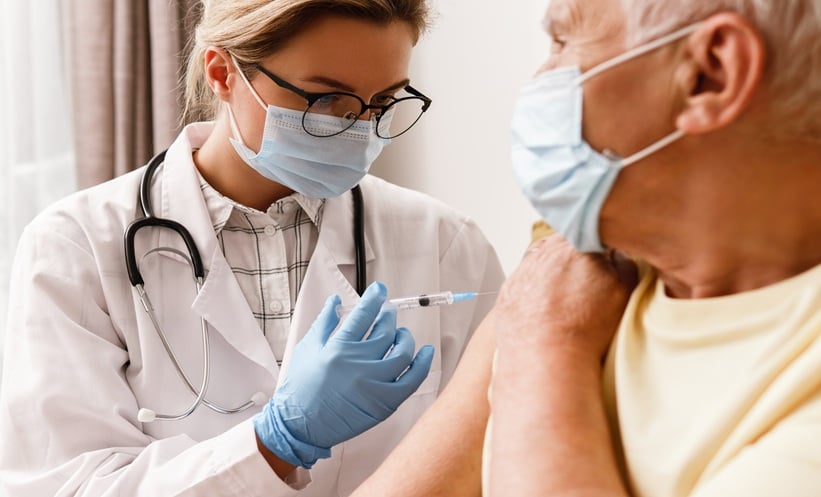NEW findings presented at the 2025 European AIDS Clinical Society (EACS) Congress reveal that more than half of all new HIV diagnoses among migrants in Switzerland occur years after migration. The 15-year analysis, drawn from the Swiss HIV Cohort Study (SHCS), underscores shifting epidemiological trends and the need for targeted HIV prevention and testing strategies.
HIV Diagnoses On The Rise Among Migrant Populations
The study included 3,490 participants enrolled in the SHCS between 2010 and 2024, excluding those with presumed perinatal HIV infection. Of these participants, 1,777 were Swiss nationals and 1,713 were migrants. Over time, the proportion of migrants among new enrollees steadily increased, with a median of 52% (interquartile range: 46–56%) and an odds ratio of 1.07 per year (p<0.001).
Post-Migration HIV Diagnoses and Delayed Detection Among Specific Groups
Among migrants, 37.9% were diagnosed with HIV before arriving in Switzerland, while 62.1% received their diagnosis post-migration. The highest prevalence of HIV acquisition among post-migration cases was observed in men who have sex with men (43.1%), followed by female heterosexuals (27.2%) and male heterosexuals (18.9%).
Notably, migrants diagnosed after migration had significantly lower CD4 counts at diagnosis compared to Swiss nationals (p<0.001), suggesting later detection in some groups. Time from immigration to HIV diagnosis varied by transmission route and region of origin: male heterosexuals had the longest median interval (6 years, interquartile range: 2–13), compared with 5 years among men who have sex with men and 2 years among female heterosexuals.
The researchers noted that understanding whether these post-migration infections represent acquisition within Switzerland or delayed diagnoses of pre-existing infections is essential. Overall, these findings highlight the need for earlier HIV testing and prevention outreach, particularly for migrant communities facing significant barriers to healthcare access.
Reference
Duran Ramirez JJ et al. Trends and timing of HIV diagnoses among migrants: a 15-year analysis from the Swiss HIV cohort study. PS15.1. European AIDS Clinical Society (EACS) Congress 2025, 15-18 October, 2025.








